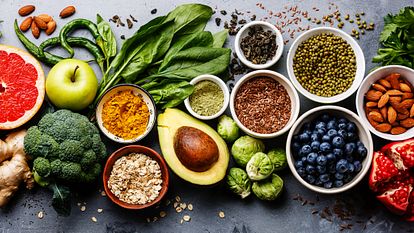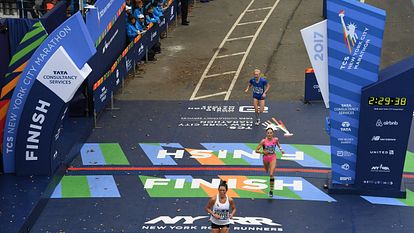What to Eat Before an Easy or Recovery Run
Easy and recovery runs are the lowest-intensity workouts in your training plan.
Think about easy runs as miles at a conversational pace. Can you hold a conversation with another person while you run? If so, that’s your easy pace. And if your run is nice and easy, your nutrition should be, too.
The laid-back pace and shorter duration of an easy run means you don’t need a lot of carbs or calories to keep you going. Vogel says light, simple foods and drinks are best.
“You don’t need much other than fluids and maybe electrolytes or flavor enhancement for your water bottle if you’re going for a short, mellow jog,” she says. “If you are hungry, have a light snack before, like a piece of fruit, a few whole-grain crackers or a small bowl of cereal to keep your stomach from growling.”
Vogel says eating before an easy run isn’t so much about supplying energy for your workout, but being hungry doesn’t help, either. For most of these runs, 16 ounces of water, a sports drink or a banana should get you through.









Join our Newsletter
Get deals, events, and more.
Connect with Fleet Feet
Get involved on social media.
Find a Location
Fleet Feet has over 250 locations nationwide!
Find a Store